Chronic Fatigue: Vitamin Deficiencies That Cause Low Energy
Key Takeaways Chronic fatigue is often linked to deficiencies in vitamin B12, iron, vitamin D, magnesium, and folate, which play critical roles in energy production. Symptoms of vitamin deficiency-related fatigue include persistent tiredness, brain fog, muscle weakness, and difficulty concentrating that doesn’t improve with rest. Recovery time varies by nutrient, but most people notice energy improvements within 2-12 weeks of proper supplementation and dietary changes. Liquid vitamin formulations may offer superior absorption compared to traditional pills, especially for individuals with digestive issues or malabsorption concerns. Medical evaluation is essential to identify specific deficiencies through blood tests and rule out underlying health conditions causing fatigue. Do you wake up feeling exhausted despite getting a full night’s sleep? Does even the simplest task feel like climbing a mountain? You’re not alone. Millions of Americans struggle with chronic fatigue that disrupts their daily lives, relationships, and career performance. While many factors can contribute to persistent tiredness, one of the most overlooked culprits is vitamin deficiency. The connection between chronic fatigue vitamin deficiency is more significant than most people realize. Your body relies on specific vitamins and minerals to convert food into energy, support cellular function, and maintain healthy blood oxygen levels. When even one of these essential nutrients runs low, your energy production system can grind to a halt, leaving you perpetually drained[1]. In this comprehensive guide, you’ll discover which vitamin deficiencies that cause low energy, how to identify if you’re affected, and the most effective strategies to restore your vitality. Whether you’re tired all the time or experiencing periodic energy crashes, understanding the nutritional foundation of fatigue is your first step toward reclaiming your energy and quality of life. What Is Chronic Fatigue? Chronic fatigue is more than just feeling tired after a busy day. It’s a persistent, overwhelming exhaustion that doesn’t improve with rest and significantly interferes with daily activities. Unlike normal tiredness that resolves after adequate sleep, chronic fatigue lingers for weeks, months, or even years[2]. Medical professionals distinguish between general chronic fatigue and Chronic Fatigue Syndrome (CFS), also known as Myalgic Encephalomyelitis (ME/CFS). While CFS is a complex medical condition with specific diagnostic criteria, general chronic fatigue can result from numerous factors including nutrient deficiencies, sleep disorders, stress, medications, or underlying health conditions. Common symptoms of chronic fatigue include: – Persistent tiredness that doesn’t improve with rest– Difficulty concentrating or “brain fog”– Muscle weakness and aches– Unrefreshing sleep– Headaches– Reduced motivation and mood changes– Physical exhaustion after minimal exertion Research suggests that approximately 20% of Americans report experiencing fatigue that interferes with normal daily life[3]. When fatigue is caused by vitamin deficiency, the good news is that targeted nutritional intervention can often produce remarkable improvements in energy levels and overall well-being. How Vitamin Deficiencies Cause Low Energy Understanding the biochemistry behind fatigue caused by vitamin deficiency helps explain why certain nutrients are so critical for sustained energy. Your body’s energy production occurs primarily in cellular structures called mitochondria, where nutrients are converted into adenosine triphosphate (ATP)—the molecular currency of energy[4]. Vitamins and minerals serve as essential cofactors in this energy production process. They act like keys that unlock metabolic pathways, enabling your cells to extract energy from the food you eat. When these micronutrients are insufficient, the entire energy production system becomes inefficient, regardless of how much you eat or sleep. Several mechanisms explain how low energy vitamin deficiency develops: **Impaired Cellular Respiration**: B vitamins are crucial cofactors in the Krebs cycle and electron transport chain, where cells generate ATP. Without adequate B12, B6, riboflavin, and niacin, your cells cannot efficiently produce energy[5]. **Reduced Oxygen Transport**: Iron is essential for hemoglobin production, which carries oxygen throughout your body. Without sufficient oxygen delivery to tissues, you experience fatigue, weakness, and reduced endurance[6]. **Compromised Muscle Function**: Magnesium and potassium regulate muscle contraction and nerve signaling. Deficiencies can cause muscle weakness, cramps, and the sensation of heavy, tired limbs[7]. **Disrupted Neurotransmitter Production**: Vitamins like B6, B12, and folate are necessary for producing neurotransmitters including serotonin and dopamine, which regulate mood, motivation, and mental energy[8]. When multiple vitamin deficiencies occur simultaneously—which is common due to poor dietary habits or absorption issues—the compounding effect on energy levels can be devastating. Top Vitamin Deficiencies That Cause Fatigue Vitamin B12 Deficiency Vitamin B12 deficiency is one of the most common nutritional causes of chronic fatigue. This essential nutrient plays a critical role in red blood cell formation, DNA synthesis, and neurological function. Without adequate B12, your body cannot produce healthy red blood cells, leading to a condition called megaloblastic anemia characterized by extreme fatigue[9]. Symptoms of B12 deficiency extend beyond tiredness and include: – Weakness and lightheadedness– Pale or yellowish skin– Tingling in hands and feet– Difficulty walking and balance problems– Memory problems and confusion– Shortness of breath Certain populations are at higher risk for B12 deficiency, including vegetarians and vegans (since B12 is primarily found in animal products), adults over 50 (due to decreased stomach acid production), and individuals with digestive disorders like Crohn’s disease or celiac disease[10]. The recommended daily intake of B12 is 2.4 micrograms for adults, but many experts suggest higher supplementation doses (500-1000 mcg) for those with confirmed deficiencies. vitamin B12 supplements are available in various forms, with methylcobalamin and sublingual liquid formats often preferred for superior absorption. Glam Dust Radiant Skin – Luscious Hair – Pristine Nails Vitamin Shots The Ultimate Brain And Body Supplement Vitamin Sprinkles Fuel Your Brain – Nourish Your Body – With One Delicious Sprinkle Iron Deficiency Iron deficiency is the most prevalent nutritional deficiency worldwide, affecting approximately 25% of the global population[11]. This mineral is absolutely essential for producing hemoglobin, the protein in red blood cells that transports oxygen throughout your body. Iron-deficiency anemia develops gradually through three stages. In the early stages, your body’s iron stores become depleted, but hemoglobin levels remain normal. As deficiency progresses, red blood cell production slows, and eventually, full anemia develops with significantly reduced oxygen-carrying capacity[12]. Key symptoms include: – Extreme fatigue and weakness– Pale skin, nail
Chronic Fatigue: Vitamin Deficiencies That Cause Low Energy Read More »

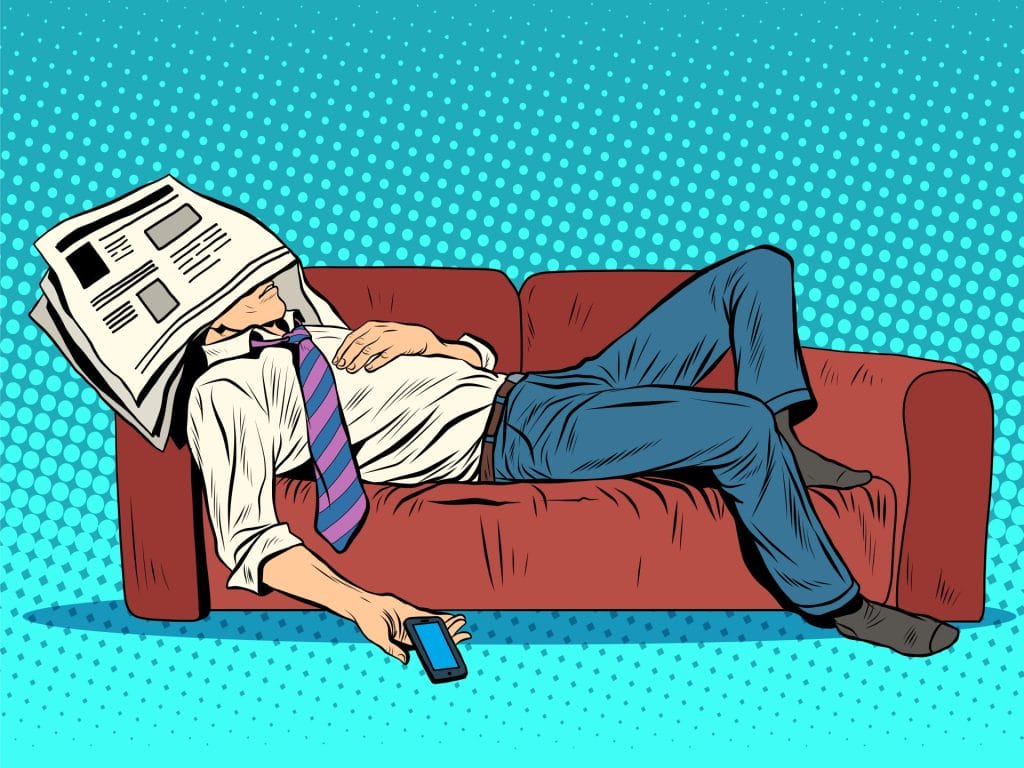
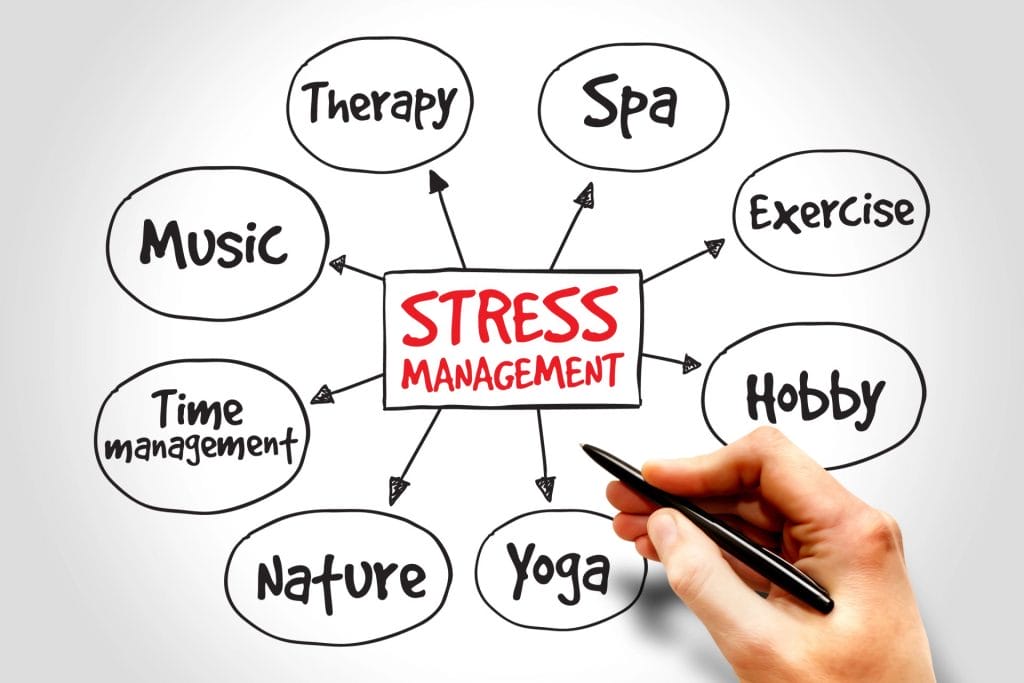
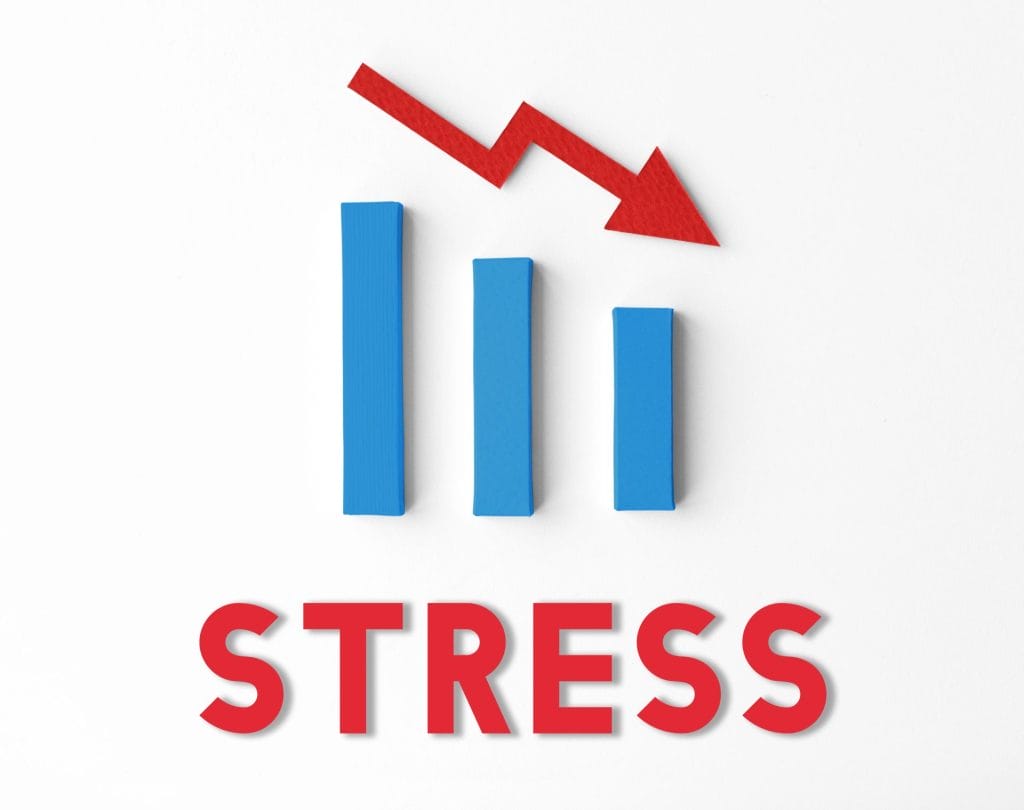
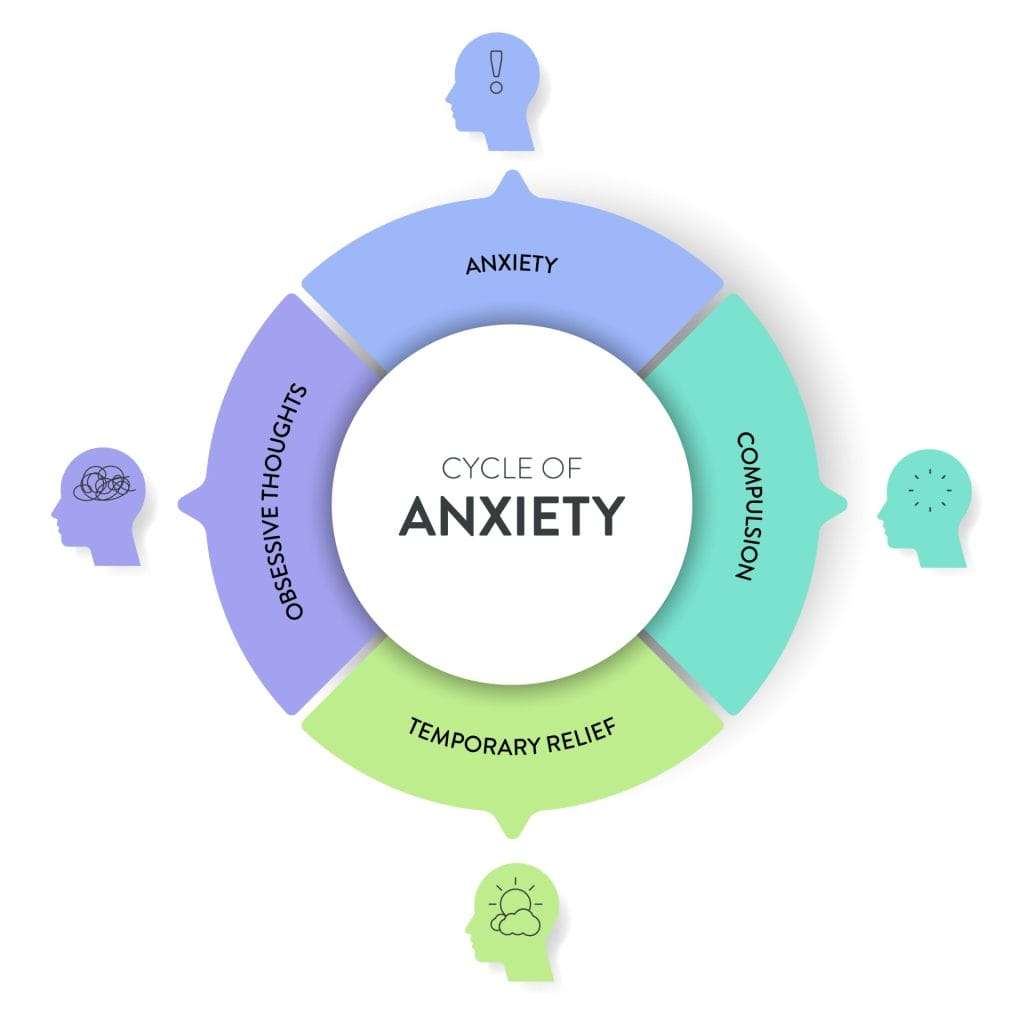

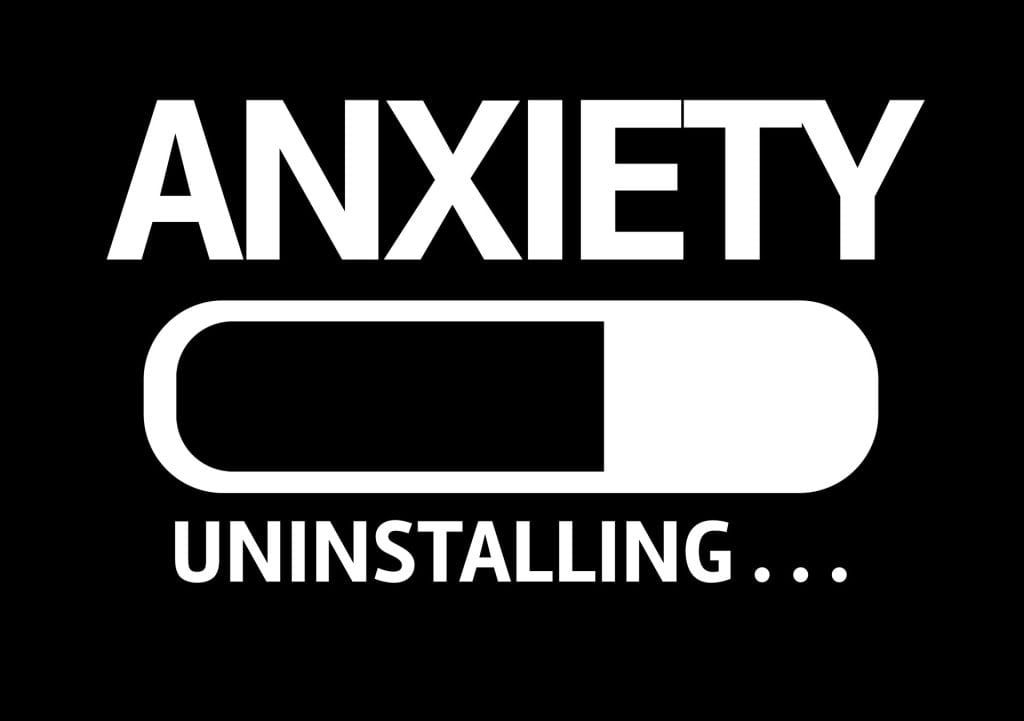
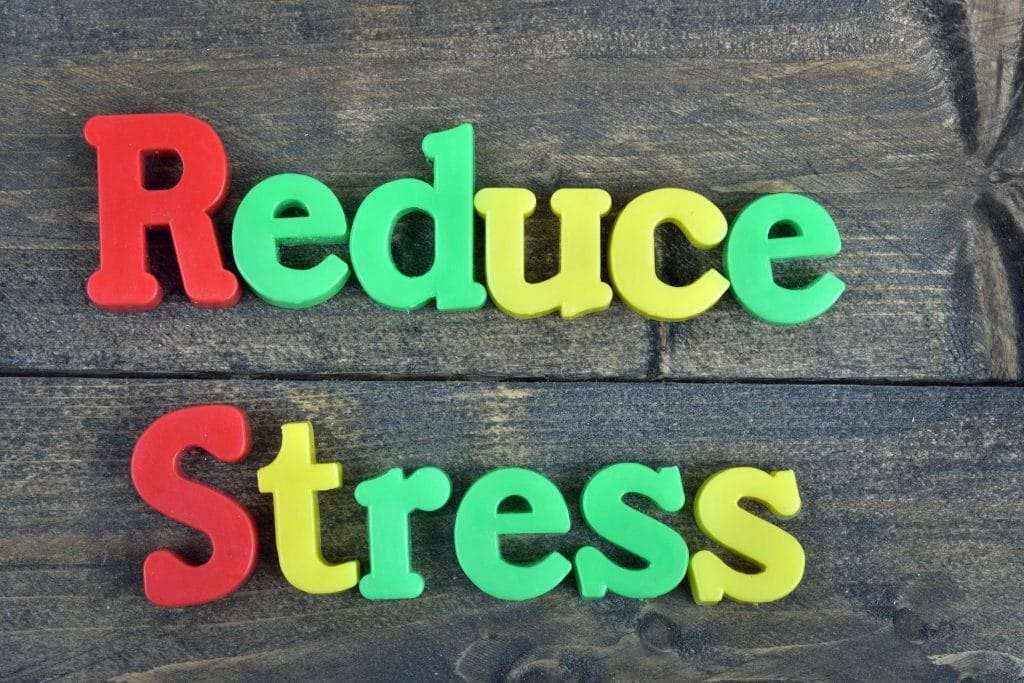
.png)
